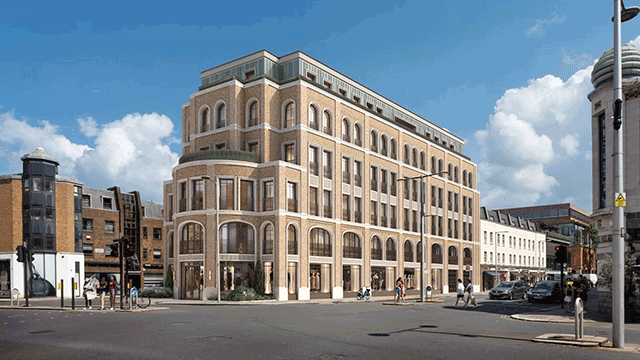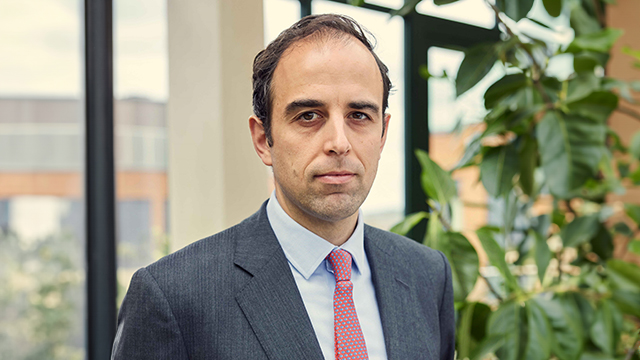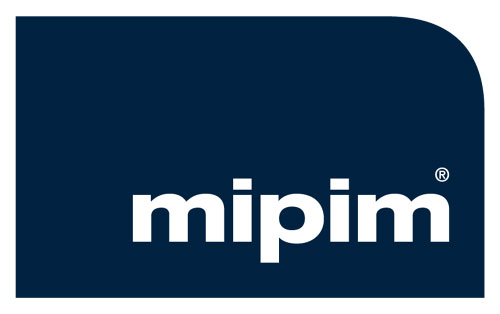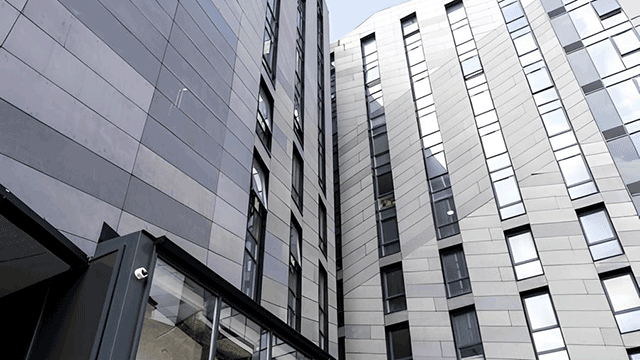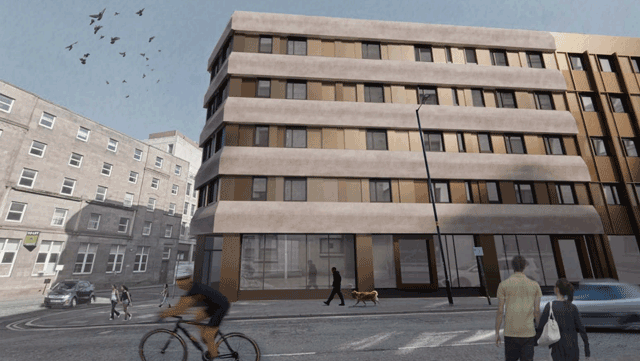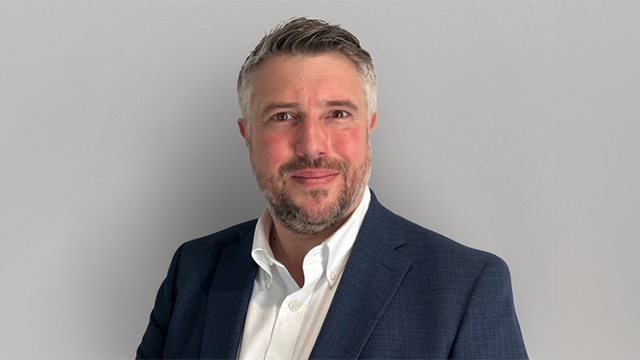MIPIM 2016: Life on Mars, peak furniture and tech-free gardens were all discussed at the Estates Gazette debate: How close are we to creating the ultimate future city?
Tech group partner at Cushman & Wakefield, Juliette Morgan, said Silicon Valley should spend less money on researching how we can live on Mars and more money on how to make our existing spaces like the Gobi desert more accessible.
Top tech trends the industry need to look out for include technology-free areas and a move away from desire for property ownership. Morgan said: “Last year IKEA announced we had reached peak furniture. People are now looking to rent Monday to Thursday and use AirBnB at the weekend, so businesses need to evolve to cater for that.”
“We think of futuristic cities as cities for young people to live in; we don’t normally think of them as places for families or old people to live,” said Jackie Newstead, global head of real estate at Hogan Lovells.
“So for me, creating future cities is about creating cities which everyone can live in.”
For David Ellis, director and head of London Studio, Benoy, the ideal future city can never be reached because it needs to contain elements of both chaos and order.
Comparing London to Paris, he said London was a better city because it was less ordered, creating more opportunities for spontaneous interactions which is key to a city.
To send feedback, e-mail Louisa.Clarence-Smith@estatesgazette.com or tweet @LouisaClarence or @estatesgazette




